UNHCR earmarks Serbia as priority
The UNHCR has put Serbia on a list of 5 states with a recurring refugee crisis, a problem it wants to resolve, says the organization’s representative in Serbia.
Friday, 19.06.2009.
10:50

The UNHCR has put Serbia on a list of 5 states with a recurring refugee crisis, a problem it wants to resolve, says the organization’s representative in Serbia. “Now, 14 years after the wars in the Balkans, a great number of refugees still live in Serbia, which is why the UNHCR has decided to include the country on the list of five that we need to pay special attention to,“ Lennart Kotsalainen said in Vienna today. UNHCR earmarks Serbia as priority “That problem needs to be addressed now,“ stressed Kotsalainen, adding that the UNHCR feared that economic crisis would further hamper Serbia’s capacities to help these people. On the bright side, he said, Croatia, Bosnia-Herzegovina and Serbia had as good resolved any disputes over addressing refugee issues. “What’s more, that theme is very high on the list of priorities of the current Serbian government, more so than was the case in the past,“ the UNHCR representative pointed out. Serbia is currently home to 100,000 refugees from Croatia and Bosnia-Herzegovina. This number used to be much higher, and, at one point, was as high as 500,000. In the interim, 200,000 have received Serbian citizenship, while many have also returned to their homes. The remaining refugees, the majority of whom do not wish to return home, pose a problem, as the state often lacks the resources to integrate them properly. Another difficulty is that many of the refugees have not even sought Serbian citizenship, fearful that they could lose their pension rights in Croatia, or that they could encounter problems in recovering documentation from their former abodes. Kotsalainen, however, hopes that these problems will soon be dealt with. According to the UN official, what is most important now, is to give assistance to the 1,300 refugees that are still living in collective centers. “They’re the most vulnerable, and a solution for them must be found as soon as possible,“ he underlined. Lennart Kotsalainen, left (FoNet, archive)
UNHCR earmarks Serbia as priority
“That problem needs to be addressed now,“ stressed Kotsalainen, adding that the UNHCR feared that economic crisis would further hamper Serbia’s capacities to help these people.On the bright side, he said, Croatia, Bosnia-Herzegovina and Serbia had as good resolved any disputes over addressing refugee issues.
“What’s more, that theme is very high on the list of priorities of the current Serbian government, more so than was the case in the past,“ the UNHCR representative pointed out.
Serbia is currently home to 100,000 refugees from Croatia and Bosnia-Herzegovina. This number used to be much higher, and, at one point, was as high as 500,000.
In the interim, 200,000 have received Serbian citizenship, while many have also returned to their homes.
The remaining refugees, the majority of whom do not wish to return home, pose a problem, as the state often lacks the resources to integrate them properly.
Another difficulty is that many of the refugees have not even sought Serbian citizenship, fearful that they could lose their pension rights in Croatia, or that they could encounter problems in recovering documentation from their former abodes.
Kotsalainen, however, hopes that these problems will soon be dealt with.
According to the UN official, what is most important now, is to give assistance to the 1,300 refugees that are still living in collective centers.
“They’re the most vulnerable, and a solution for them must be found as soon as possible,“ he underlined.











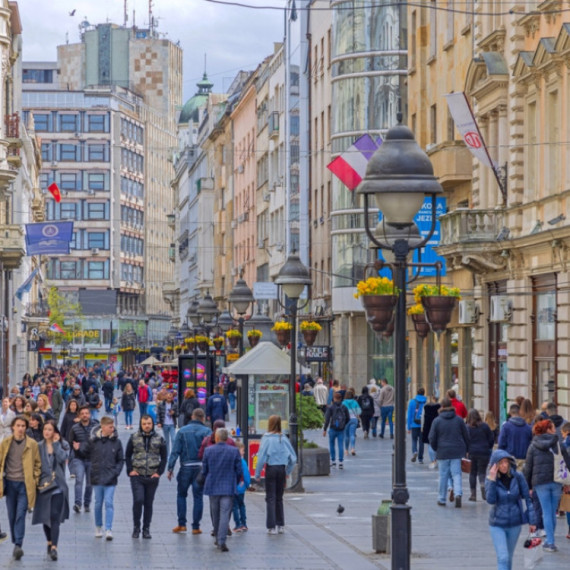

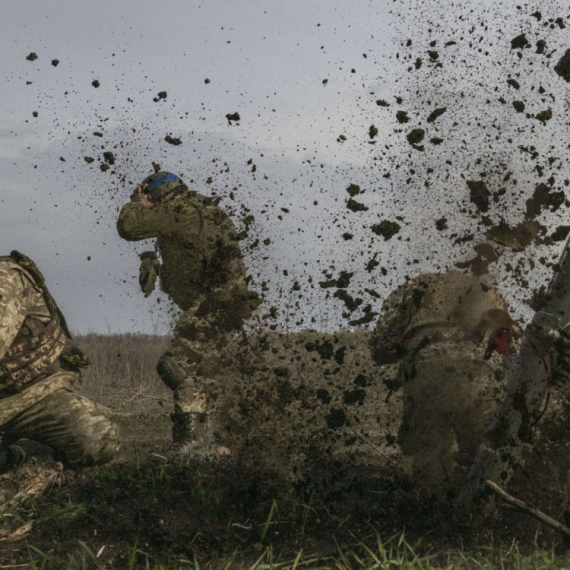
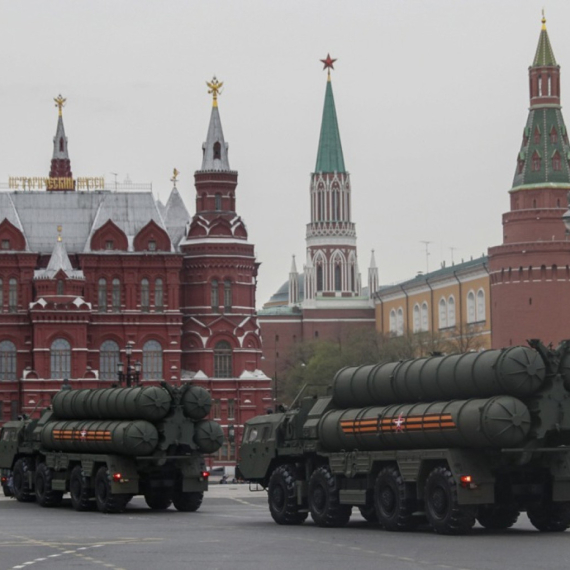
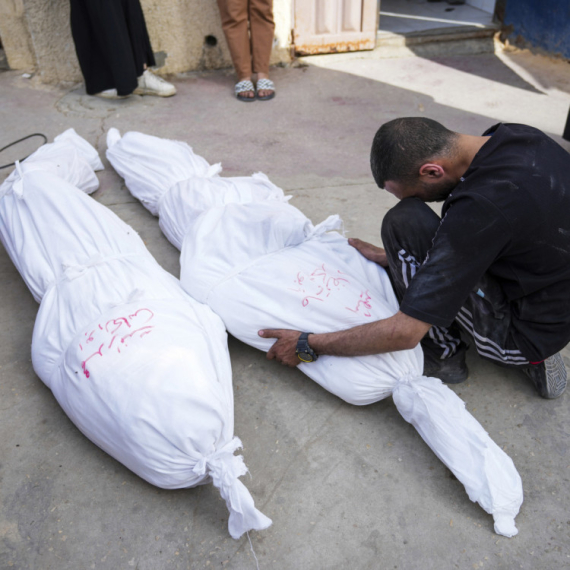
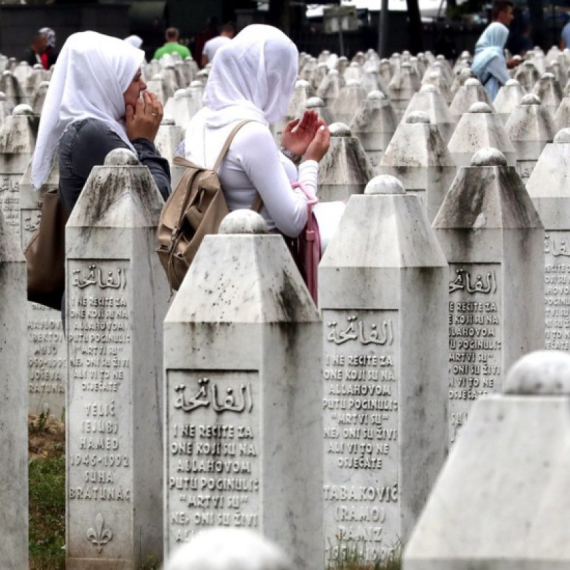









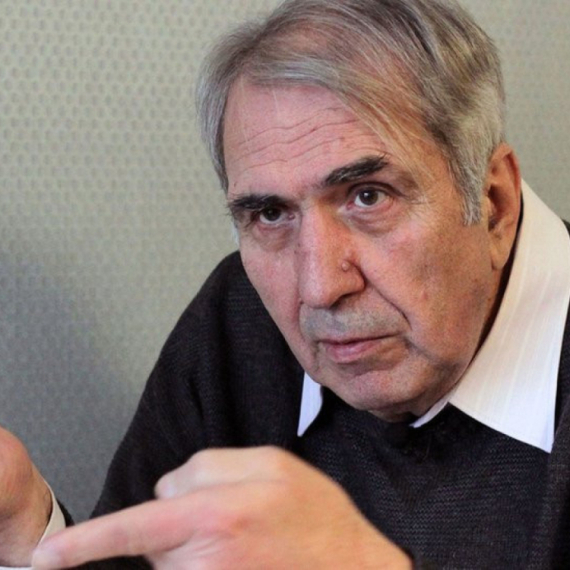
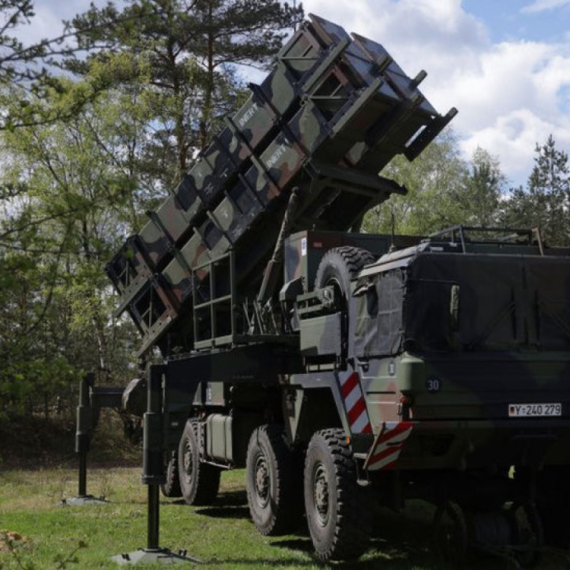

Komentari 4
Pogledaj komentare